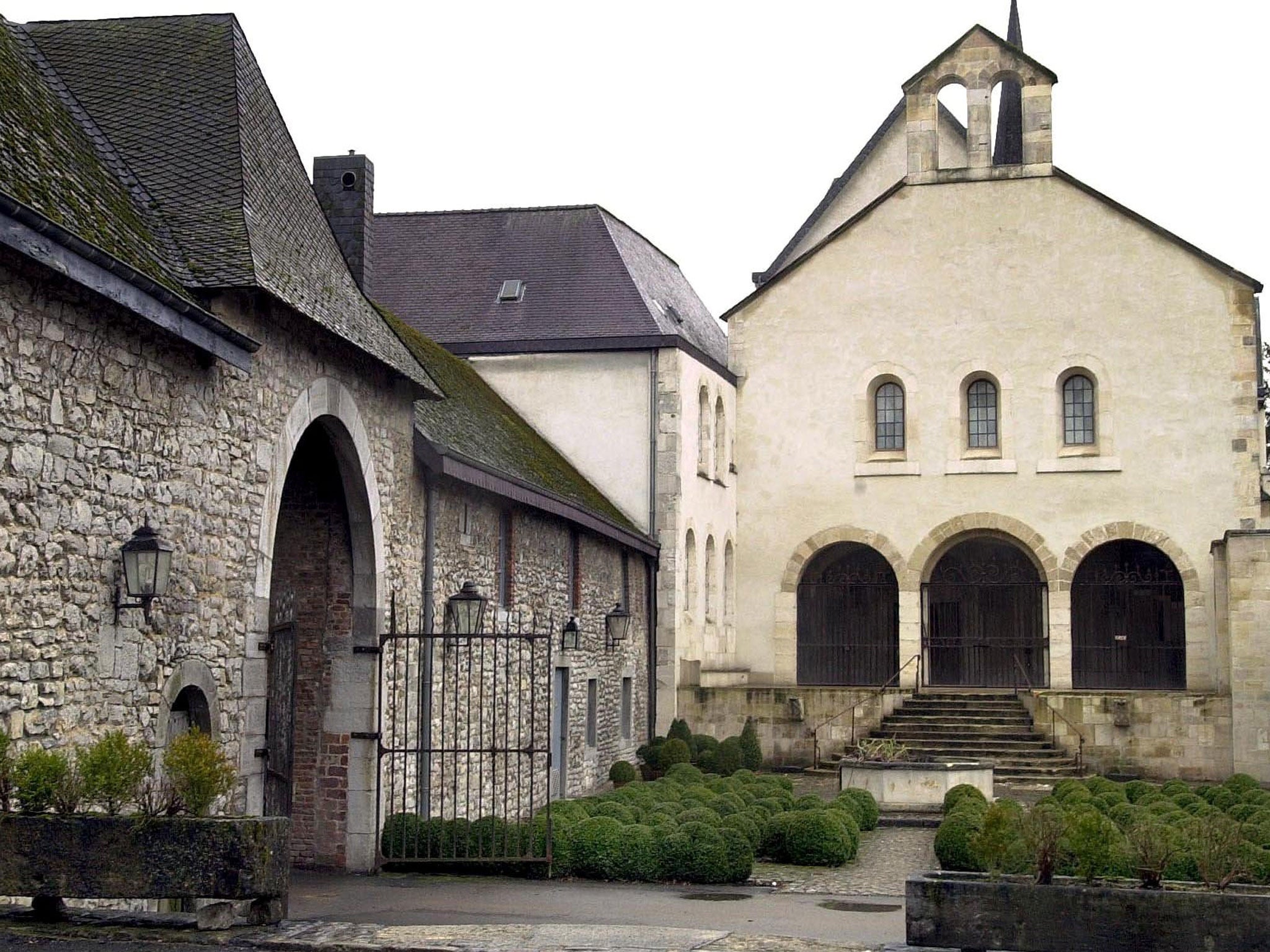Trappist brewery under threat from expansion of limestone quarry
Plans will cut water supply to abbey where Belgian monks brew prized Rochefort ale

Your support helps us to tell the story
From reproductive rights to climate change to Big Tech, The Independent is on the ground when the story is developing. Whether it's investigating the financials of Elon Musk's pro-Trump PAC or producing our latest documentary, 'The A Word', which shines a light on the American women fighting for reproductive rights, we know how important it is to parse out the facts from the messaging.
At such a critical moment in US history, we need reporters on the ground. Your donation allows us to keep sending journalists to speak to both sides of the story.
The Independent is trusted by Americans across the entire political spectrum. And unlike many other quality news outlets, we choose not to lock Americans out of our reporting and analysis with paywalls. We believe quality journalism should be available to everyone, paid for by those who can afford it.
Your support makes all the difference.Since 1595 the Notre-Dame de Saint-Remy-Rochefort abbey in southern Belgium has been plundered, invaded and ravaged by fire, but still today the monks rise each morning to brew a potent dark ale prized the world over for its depth and flavour.
Now production at one of the world's eight remaining Trappist breweries is again under threat, this time from the expansion of a limestone quarry which will cut off their water supply.
The Belgian monks who brew Rochefort say the water from a nearby well is crucial to taste of their sought-after ale, which frequently appears in lists of the best beers in the world.
But plans by a limestone mining company to deepen a quarry in the vicinity of the Abbey threaten to plug the water source that the monks have replied upon for centuries. The Flanders News website reported that the mining firm, Lhoist, had offered to dig more wells to supply the monastery, but the monks are wary that the flavour will simply not be the same.
“We only have guarantees about the quantity, not about the quality of the water,” said a spokesman for Rochefort, Christopher De Doncker. Negotiations are continuing, with beer-lovers hoping for an outcome which will allow centuries of brewing tradition to continue.
Trappist beers are considered some of the best in the world, both because of their strong malty flavours and their scarcity. As they are generally not run as commercial ventures, many of the monasteries limit their supply and focus on maintaining the quality rather than boosting production.
Belgium is home to six of the world's eight surviving Trappist breweries. Monks originally started brewing behind abbey walls for their own consumption, but eventually they were permitted to sell their beers to provide for the poor and to fund restoration work on the monasteries.
Rochefort, which produces one ale with an alcohol content of 11.3 per cent, has seen off threats in the past: a fire in 2010 damaged parts of the abbey, but the monks were unharmed and the vats remained intact. Beer production resumed within days.
Join our commenting forum
Join thought-provoking conversations, follow other Independent readers and see their replies
Comments